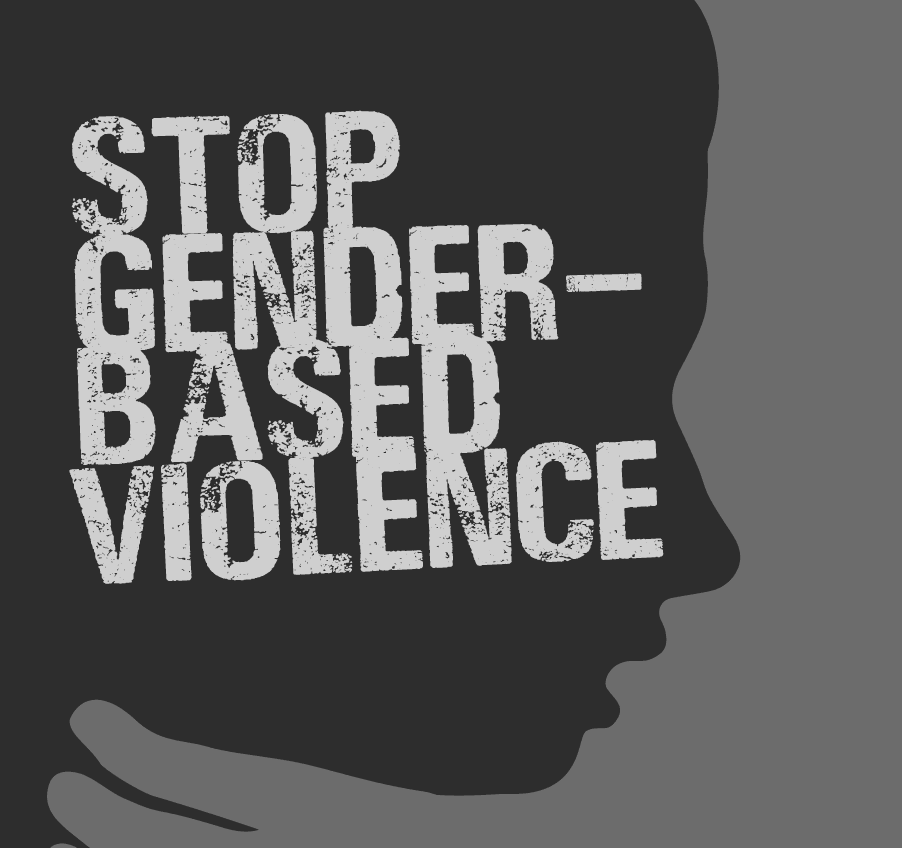By Theresa Moses

Gender-based violence is defined as “any type of harm that is perpetrated against a person or group of people because of their factual or perceived sex, gender, sexual orientation and/or gender identity.”
Despite global efforts against gender-based violence, there is sufficient evidence that violence against women seems to be increasing. In most societies, nations and continents, violence has replaced peaceful co-existence as the new normal. Sadly, women often take the worst hit from these crimes, making them question their sexuality.
Nigeria is not an exception to the global problem of gender-based violence, which permeates all communities. The social fabric of Nigeria is being destroyed by this silent pandemic, which hampers social integration even as it causes pain and suffering to women and children, who are perceived as underdogs.

In 2022, the National Human Rights Commission (NHRC) recorded 288 domestic violence cases between January and May 2022 and, in 2020, it recorded 664 cases of gender-based violence. In an interview with the News Agency of Nigeria (NAN), Plateau State Coordinator, Mrs Jennifer Abe, disclosed that domestic, sexual and gender-based violence are the most prevalent human rights violations in the state.
“Mostly what we get here has to do with issues of domestic violence, sexual and gender-based violence, neglect and abandonment, and exploitation and abuse of children. This constitutes about 80 per cent of the violations.”
Domestic, sexual, and gender-based violence are the most common types of human rights violations and they come in different guises. In 20th Century Nigeria a middle-aged farmer in the North reportedly divorced his 14-year-old housewife for allowing a male doctor to attend to her when she gave birth to his child. The under-age mother, who has already been divorced by her husband, had a complicated labour, resulting in her being rushed to the hospital where there was no female medical doctor on hand to attend to her. As a result, the only male practitioner available attended to her and she had a safe delivery. Ironically, this life-saving gesture was misconstrued by a husband blinded by religion and culture.
One in three Nigerian women have experienced physical violence between the ages of 15 and 45, ranging from forced and early marriages, physical battering, mental torture to sexual assault. Amina was an ambitious young lady who had a dream of becoming a medical doctor, but was her vision was dashed due to a forced marriage to a meat seller 20 years older than her. This isn’t an isolated case just like other forms of discrimination against women involving landed property inheritance.
An Akwa Ibom State High Court in Uyo mandated Mr Sampson Udoh, a native of Itiam Etoi in Uyo Local Government Area of the state, to pay N20 million to two of his nieces for violating their fundamental rights. According to the court, Sampson Udoh claimed that his nieces – female offspring of his late elder brother – Mr Isaac Udoh – have no share in their father’s property because they are women.

The court took note of the women’s claims that their late father built his house between 1976 and 1980, and that they had lived there without incident since birth until they tried to claim their inheritance over which their uncle unleashed mayhem on them.
In his ruling, Justice Ntong Ntong described such behaviour as “obnoxious and repugnant to natural justice, equity, and good conscience.”
According to data from the National Agency for the Prohibition of Trafficking in Persons (NAPTIP), 19 per cent of women experienced sexual and gender-based violence throughout their lives by their husbands; 14 per cent experienced physical violence, and 5 per cent experienced sexual abuse.

Besides, there is no doubt that discrimination, violence, and harassment are exacerbating inequalities in the work environment. For the first time in the history of the world, there is a right to a work environment free from violence and harassment in the form of an international treaty. This treaty provides a clear and unified framework for preventing and addressing violence and harassment based on an approach that is inclusive, integrated, and gender-responsive.
Nigeria was the 4th and 8th country in Africa and the world to ratify ILO Convention No 190 (C190) on Gender-Based Violence and Harassment (GBVH), and other forms of harassment at work. However, the convention has yet to be implemented in the country’s legislation or policies. Employers could adopt policies that address and prevent GBVH while also providing safe, transparent, and confidential processes for reporting.
The need for the government to ratify C190 and also adopt legislation to protect all workers is of paramount importance. Implementing the full protections provided by C190 is a huge opportunity to address the structural discrimination that marginalise workers in Nigeria, particularly women workers.
Despite Lagos State established a Special Offences Court to deal with gender-based violence and increase awareness, underreporting and a lack of knowledge on these issues have contributed to the reasons why violence against women is on the rise. It’s worthy to note that women’s reluctance to report incidents of violence is not based on ignorance but on fear and stigmatisation.
It’s time the National Orientation Agency (NOA), activists and gender advocates should work together to create more awareness campaigns across traditional and digital media to educate the populace on the evil of gender-based violence
Share your story or I Witness Reports with us 24/7 via: SMS/ Whatsapp: +234(0)8072022024, Email: [email protected], follow us on our social media platform: Twitter, Instagram, Facebook:@Gatmash and Subscribe to our YouTube Channel: Gatmash TV.
Gatmash News is one of the most sought- afterb news portals, with increasing audience, exclusive breaking news and reports across the globe. Plus more. Website: https://gatmash.com
For advert placement, contact us today via email: [email protected] or call our hotlines on Tel: +234(0)8072022024




